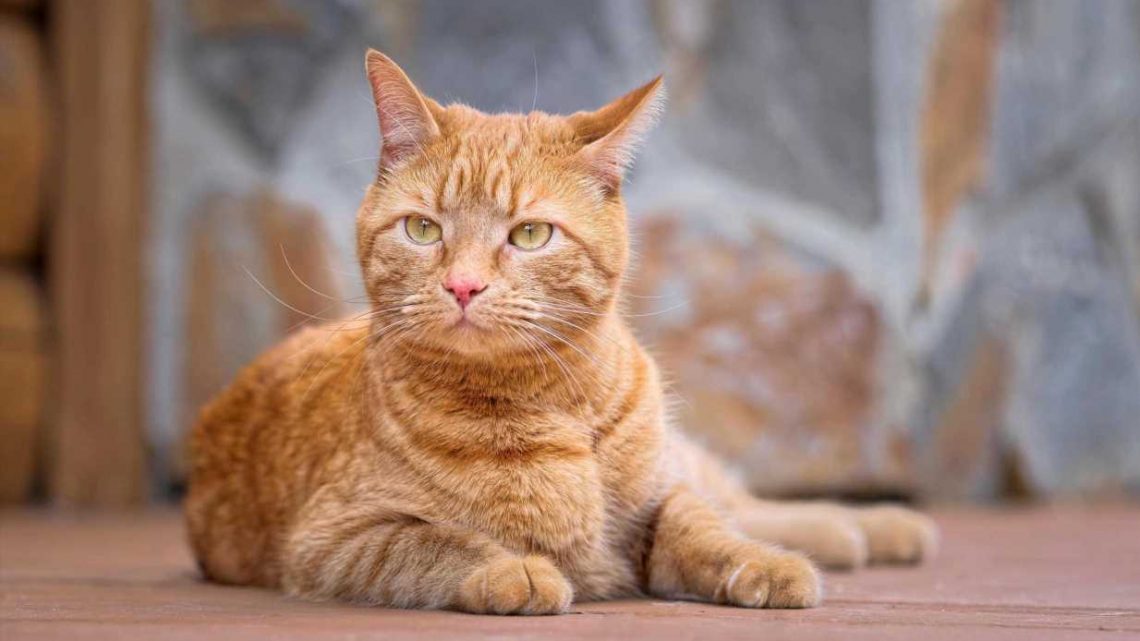
From obsessive sniffing to fussy eaters – your pet queries answered
10/02/2021HE is on a mission to help our pets . . . and is here to answer YOUR questions. Sean, who is the head vet at tailored pet food firm tails.com, has helped with owners’ queries for ten years.
He says: “If your pet is acting funny or is under the weather, or you want to know about nutrition or exercise, just ask. I can help keep pets happy and healthy.”
Q) LOCAL cats are messing outside my house, by digging the moss – or just doing it on the Tarmac.
What should I use on the ground to keep them away? The amount of cats using the area is awful. Please help.
ROBERT SHAKESHAFT, Birmingham
Sean says: There are a number of pet deterrent products you can use. Some sprays, crystals and gels can be effective and are available in many pet shops and garden centres.
You can also buy ultrasonic sound devices that detect cats moving past them and emit a high-frequency sound that doesn’t harm them but frightens them away. But this will have the same impact on other pets or garden wildlife.
Temporarily putting down obstacles or changing the ground covering to, say, plastic or cardboard in a favoured area might harmlessly break the cycle too.
Q) MY dog Polly has started to behave oddly in the garden.
She spends her whole time when outdoors sniffing the beds. It has become an obsession.
Somebody in the street says they have seen several urban foxes. Could this be the reason? And could a fox hurt Polly? She is a cockapoo and very timid.
NIGEL ROBERTS, Didsbury, Gtr Manchester
Sean says: Dogs see the world in smelly-vision. So anything new using the garden will have left scent behind and be fascinating for her. It’s actually great mental stimulation and enrichment for our dogs to stop and sniff when out and about.
It could be foxes, or a new cat — even a hedgehog patrolling at night. None of these are a risk to Polly but do ensure her flea and worming treatments are up to date.
Believe it or not, the most common species of flea on dogs is the cat flea.
Hedge-hogs have their own type that feeds almost exclusively on them. Foxes can host dog and cat fleas.
Q) WE have a goldfish called Trevor and are going away on holiday and want to leave him.
Our neighbour says she will call in but are those blocks you put in their bowls just as good as food being sprinkled in every day?
JULIE FOSTER, Darlington
Sean says: Trevor is a great name for a goldfish. I’m not a huge fan of those blocks, as you are potentially leaving a large quantity of uneaten food in there for a long period and it could mess up the water quality.
If it ain’t broke, don’t fix it. Stick to Trevor’s usual feeding regime, with a neighbour’s help. But show them how much you feed daily — as many kind neighbours will overfeed, with potentially harmful results.
Q) MY cat Oscar is doing my nut in – he’s ten and turns up his nose at anything I give him to eat.
It’s costing me an arm and a leg. I adopted him from my daughter two years ago, as she wasn’t allowed pets in her flat, but Oscar had known me for years so the transition was no problem.
I offer dry food, tinned tuna and sachets of Whiskas, but he’ll sniff and walk away, then spend ages staring at me or meowing. I give in then offer him treats of Dreamies.
What can I do?
JANIE BUCHANAN, Edinburgh
Sean says: Have you tried stopping the Dreamies? It may not be pretty and you may need to get yourself anti-anxiety medication from a GP if this does your nut in even more.
If you offer him Dreamies — highly delicious and addictive — every time he turns his nose up at food it’s partially you that’s the problem. I doubt he will starve himself.
Star of the week
THERAPY dog Reba loves to help schoolkids learn and feel happy and confident around dogs.
The six-year-old cocker spaniel and bichon frise cross has visited Chilworth Infant School in Surrey since she was one.
Reba lives with dog trainer Jo Sellers, 51, in nearby Guildford and trained as a Pets As Therapy dog as a pup.
Jo said: “Reba helps the children gain confidence when they read to her.
“All the staff and children love seeing her and the headmistress even keeps biscuits in her office, and the kitchen staff make her treats, too.
“She’s such a sweet, gentle girl and seeing her with the children makes me so proud.”
Win: Guinea pig goodies
HOW would you give your guinea pig a treat?
We have five £50 vouchers to spend on guinea pig goodies at rufflesnuffle.co.uk.
You could try a snuffle mat, personalised blanket or the “Hidey Hammock”, where they can sleep or play hide and seek.
To enter, send an email marked RUFFLESNUFFLE to [email protected] T&Cs apply. Entries close October 10.
Act now to prevent firework fear
OWNERS are encouraged to prepare their pets early for the firework season.
With 3.2million new pets in the UK, it will be the first time many experience the stressful noise on Guy Fawkes night and New Year.
The best way to prepare them is to start slowly and build it up before they are exposed to the real thing.
Behaviourist Carolyn Menteith, from tails.com, says: “There are two parts to getting your dog used to fireworks – desensitisation and counter-conditioning.
“With desensitisation, find recordings online of fireworks that you can download or play. Start in a room where your dog is relaxed and happy.
“Begin with the volume at zero and slowly increase it until you can only just hear it. Let the sounds play for five to ten minutes while you get on with your usual activities. Do it at different times in different rooms.”
Once used to the sounds, Carolyn says to use counter-conditioning, where your pet associates the noise with something positive.
Her advice is to play the sounds just before you put their food out, and to reward with a treat as you play the sounds, several times a day.
She added: “By doing this now, your pets will be ready for the firework season.”
Source: Read Full Article





